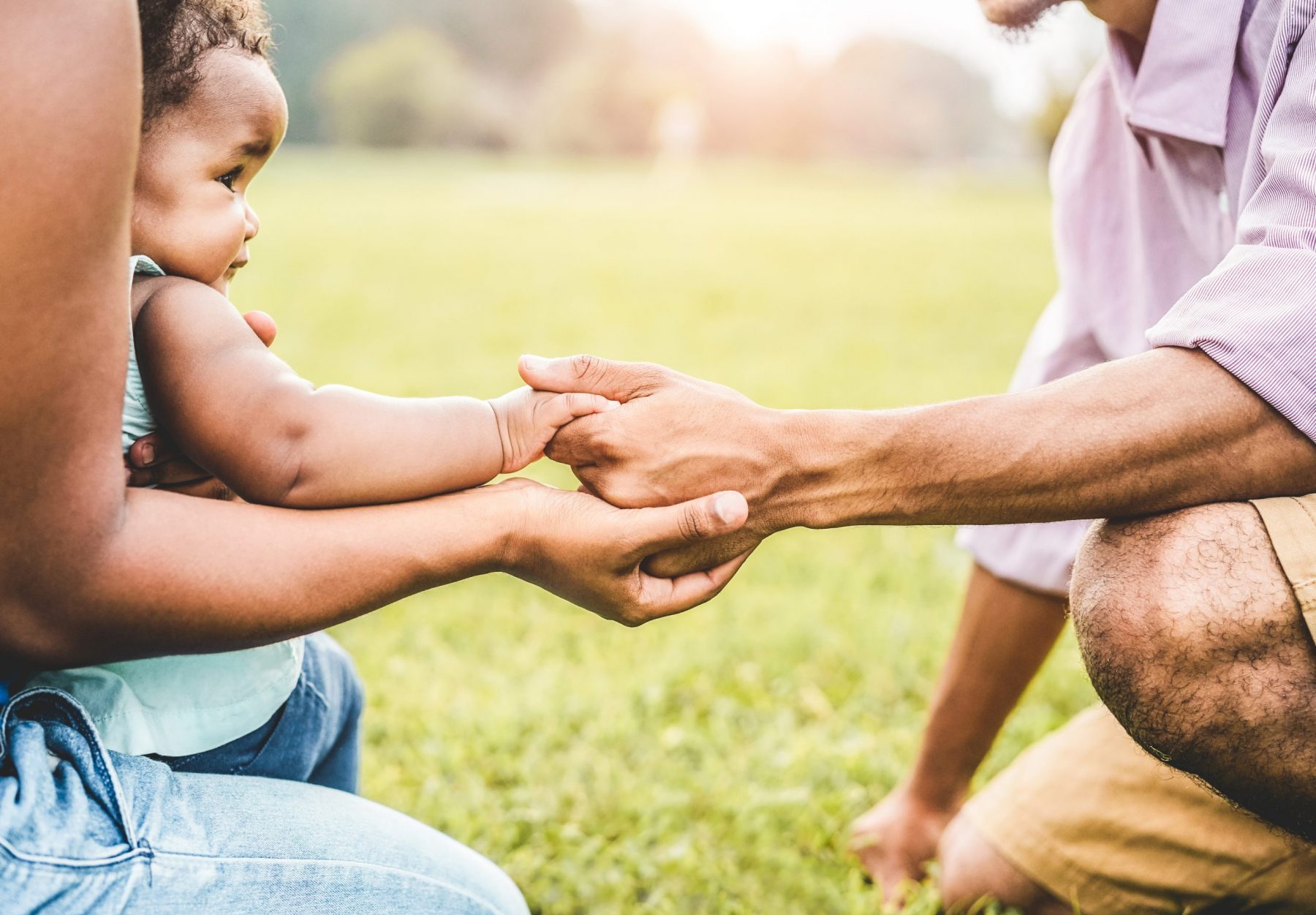Emerging Minds toolkit supports children’s pandemic mental health

Children’s mental health and emotional wellbeing organisation, Emerging Minds, has shared a valuable toolkit, designed to support children, families and educators to navigate the challenges posed by increasingly extended lockdowns around the country.
‘Supporting Children’s Mental Health During a Pandemic’ contains resources that will assist practitioners, parents and carers to support children’s mental health during pandemic events such as COVID-19, including a fact sheet outlining ways in which parents can help their child to navigate uncertain times.
During periods of lockdown, Emerging Minds Director Brad Morgan explained, it’s normal for stress levels in families to rise. Without having access to typical stress relievers, such as connecting with community or being able to spend time alone, many parents and children will struggle to self regulate, and may experience low energy levels or emotional or behavioural outbursts.
“Children are not immune to the anxiety and fear that lockdowns and COVID-19 restrictions can cause, “ Mr Morgan said, “and they rely on the adults in their life, such as parents, family members, teachers, and caregivers, for cues on how to react to changes around them.”
When children, who are very sensitive to changes in adults’ moods and behaviours, sense that adults are on edge about the current challenges posed by the pandemic, they may hesitate to share their concerns, for fear of causing the adults in their lives to feel upset or angry.
Mr Morgan suggested that caring adults should check in with their own thoughts and feelings before discussing lockdowns and restrictions with children or responding to their questions.
“There is a lot to juggle during lockdowns and restrictions, many are working from home, caring for family members, home schooling and more,” he continued.
“Remember to be kind to yourself and to your kids. Establishing new routines is important, it will help provide a sense of normality and consistency for children, which will support them to feel safe. This could be looking at schooling in the morning, a walk if the weather’s kind, and then a movie and a snuggle on the couch in the afternoon.”
While the “how” of lockdown will look different for every family, establishing a consistent rhythm will make a big difference to how children respond to the worries of COVID-19, Mr Morgan said.
“We encourage parents to support each other during these unprecedented times. Speak to your family and your friends about how they’re helping their children cope, what’s working and what isn’t, and use that feedback to help what you do at home.”
To access the toolkit please see here.
Popular

Quality
Provider
Policy
Practice
WA approved provider fined $45,000 over bush excursion incident
2025-07-01 07:00:01
by Fiona Alston

Workforce
Policy
Quality
Practice
Provider
Research
ECEC must change now, our children can’t wait for another inquiry
2025-07-02 07:47:14
by Fiona Alston

Quality
Practice
Provider
Workforce
Child left in storeroom at Sydney centre sparks concerns over supervision and trauma support
2025-06-30 09:09:58
by Fiona Alston













